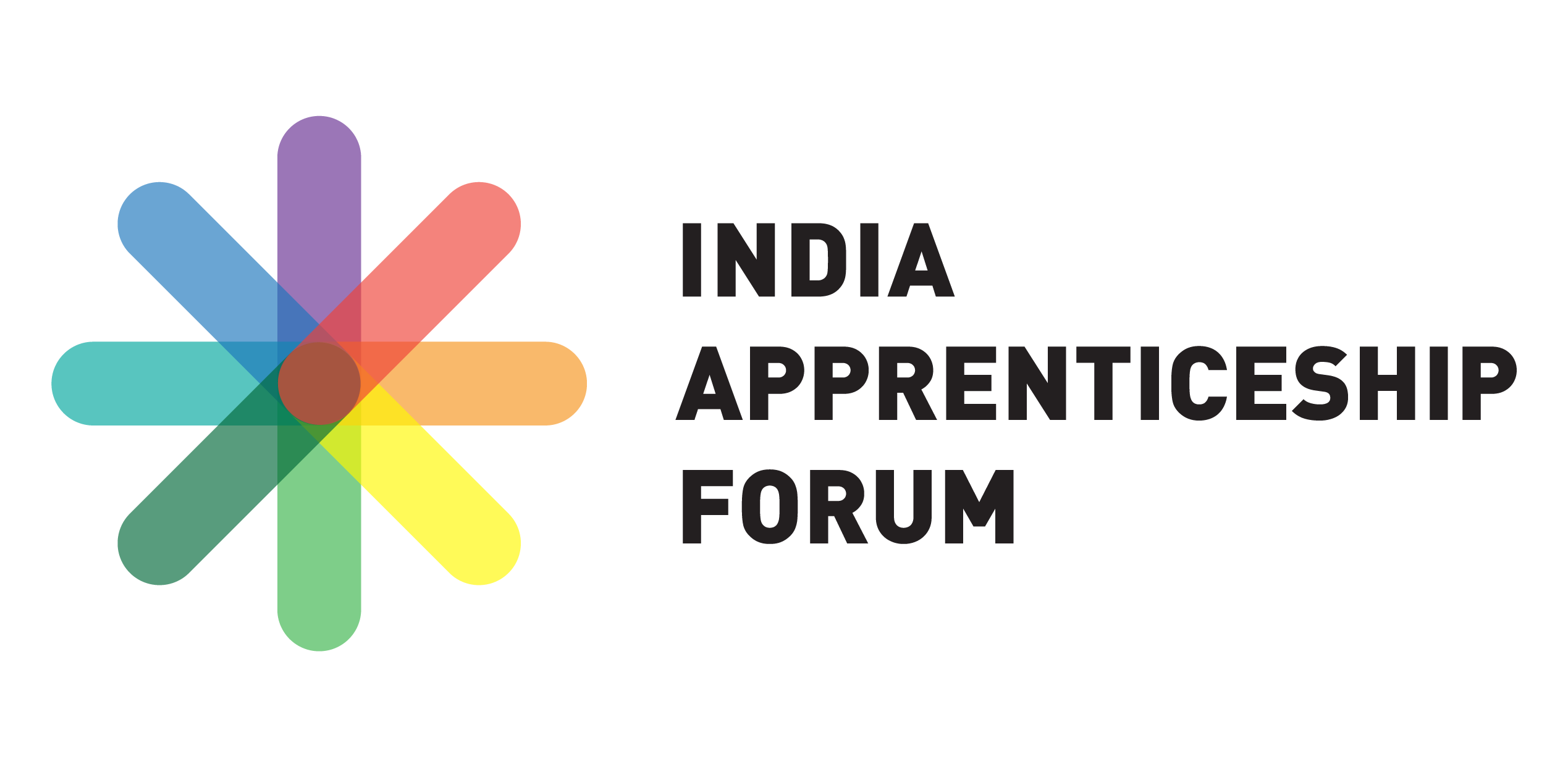Reform Needed in Education
As the nation embarks on an ambitious skill development mission policymaker also need to plan for jobs that do not exist today. For instance, India currently has a large number of mobile app developers, a profession that was non-existent thirty years ago. There is also the emergence of digitisation in the workplace to plan for. What jobs will become obsolete, which ones will be re-defined, what will be the new jobs and do we have the right skills to meet these changes? Besides technical skills what other kind of skills are in high demand? In all this, education has an extremely vital role, right from the primary level. What are the three reforms that are needed in tertiary education in India to meet the skilling challenges of the future and where does vocational education fit in? Find out what Federica Saliola, Joint Director of the World Development Report 2019, thinks needs to happen.
Roadmap on 21st Century Skills Needed
A report titled ‘Skilling India – No Time to Lose’ by the National Council of Applied Economic Research (NCAER) states a need to establish a commission to chart a 15-year roadmap on transferable skills that can meet present skill demand as well as be future ready. The report adds that rigid labour laws and poor infrastructure have constrained a smooth transition of the country’s workforce from the informal to the formal sector.
An inadequately skilled workforce, low wages and few good jobs appear to be trapped in a vicious cycle. The report recommends the commission to be made up of industry experts to work in consultation with government, training providers and companies to effectively chart out a skilling map based on anticipated demand and movement in labour forces.
Job matching with skill sets is a major challenge facing the country. The report calls for a three-part framework comprising of skill acquisition, matching jobs whilst anticipating in-demand jobs growth. Towards this, the country’s educational and training systems need to be able to adapt and stay relevant to future high growth areas. Lifting undue regulation on private institutions and training institutes will be a step in the right direction, the report adds.
The recent merger of the National Council for Vocational Training and the National Skill Development Agency into the new regulator the National Council for Vocational Education and Training is a welcome step to bring about much needed consolidation, and in line with the NACER’s suggestion for better regulation.
Policy on District Skill Development Agency
Minister of State for Skill Development Anant Kumar Hegde has raised the possibility of a national policy on the establishment of a District Skill Development Agency as early as in a month or so (from November 2018). The ideation stems from low trickle down impact of policies formed at the Central level in Delhi and limited powers of state governments to understand and implement such skill development policies.
The ministry is also considering a separate policy to make it mandatory for all educational systems to follow the National Skills Qualification Framework (NSQF). This step has been welcomed by The Associated Chambers of Commerce and Industry which considers NSQF a need of the hour. The NSQF is a competency-based framework where skills across areas of study are organised according to a series of levels, from 1-10, which each level comprising of a set of knowledge, skills and aptitude. Such a framework brings about much needed clarity and standardisation of certification making skills nationally recognised.
Young India needs training in vocational skills – Says Pranab Mukherjee
This was the core message delivered by the former president speaking as guest faculty at the Indian Institute of Management – Ahmedabad earlier this November. India enjoys a demographic dividend of a population whose median age is 32 years. “It is predicted that India will experience ‘demographic bonus’, where the growth rate of the working population would exceed that of the total population until 2020. Today, demographic dividend is on the verge of becoming a demographic disaster unless quick remedial measures are taken. We must recognise that the demographic dividend can only be reaped if the young population is provided higher education and training in vocational skills,” Mukherjee said.
Quoting the ILO, the former president stressed that India will have a working population (ages 15-64) of 869 million by 2020 which represents the largest single contributor to global demographic transition. “We need to provide sound training to our youth to build capacity. It will help prepare them for challenging job roles in the global economic community. They have to be encouraged to develop the aptitude to think ahead,” he added.
Mukherjee also voiced concern over the ‘waste’ of talent of Indian youth who were not harnessing opportunities in research and innovation. Pointing to top engineering talent such as from the IITs, he said that more energies need to be focused on research and innovation alongside landing lucrative managerial jobs.
Bengaluru Skill Summit in 2019
A Bengaluru Skill Summit will be held as an annual event from 2019. This was announced by Revenue, Skill Development and Entrepreneurship Minister RV Deshpande. Such an event ties in well with the government’s creation of a separate department for skill development, and its commitment to job creation. Furthermore, such events will be an important meeting ground for industry and skilling institutes to strengthen Bengaluru’s status as a top employer among other Indian states. The Minister also announced that a Karnataka Skill Academy will soon become a reality, with 20 acres of land earmarked for the same.
Speaking of skilling in new age technologies, the Minister added that an exclusive Centre of Excellence in data sciences and artificial intelligence will be established in Bengaluru. Karnataka aims to triple its IT workforce to three million in seven years, with a revenue increase to 25 percent (from the current 17 percent) to domestic IT products and services by 2025. The state also estimates a four times increase to 20,000 startups by 2025, from the current level of 5,000.













